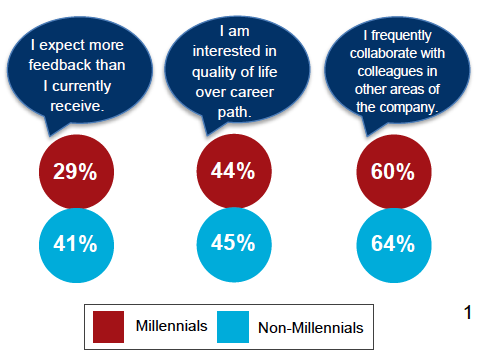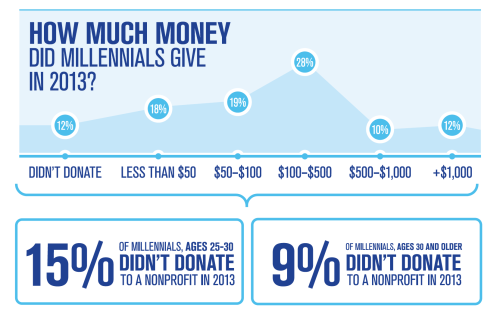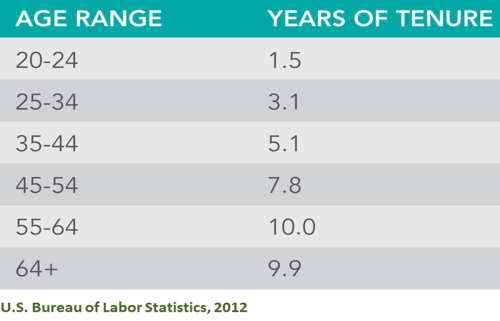Oxford Economics and SAP recently released the report “Workforce 2020: The Looming Talent Crisis” aimed at understanding the opportunities and challenges of the evolving workforce. The research is based on survey responses from over 2,700 executives and more than 2,700 employees in 27 countries. Understanding the core characteristics of “the new face of work,” as SAP puts it, is an important step in recognizing the opportunities and challenges that will come with it. SAP and Oxford Economics’ research identifies several key characteristics of the 2020 workforce, including that it will be an increasingly flexible one. Of executives surveyed, 83% cited that they plan to increase use of contingent, intermittent, or consultant employees in the next three years and 58% say that this requires changing HR policy. In addition to being flexible, the 2020 workforce will be increasingly diverse, and SAP advises that because of this HR leaders will need to become more evidence-based to deal with these realities. As of now, only 50% of HR departments state that they use quantifiable metrics and benchmarking in workforce development and only 47% say they know how to extract meaningful insights from the data available to them. This is likely part of what influences the reported lack of progress towards meeting workforce goals that many executives cite. Just 33% stated that they have made “good” or “significant” progress towards workforce goals.
SAP identifies technology as a key need for the evolving workforce that organizations are unprepared for. While this may seem obvious, in the U.S. just 39% of employees report getting ample training on workplace technology and only 27% report access to the latest technology. While it’s understandable that not all organizations can offer the most cutting edge technologies, a lack of sufficient training for the technologies that are in place could be seriously affecting employee productivity. Aside from technology, misconceptions about Millennials are another trend of the evolving workforce that SAP points out (and with the expectation that this generation will make up more than 50% of the workforce by 2020, any misconceptions are noteworthy). The research points out that while Millennials are different than other generations, they may not be as different as they are typically portrayed. According to executives surveyed, 60% believe Millennials are frustrated with manager quality but only 18% of Millennials say that they actually are. Additionally, 62% of executives report that Millennials will consider leaving their job due to a lack of learning and development, but just 31% of Millennials say they have considered this.
In terms of the emerging workforce, there may also be gaps between what companies believe employees want from them and what employees actually want.

Perhaps not surprisingly, the most important incentive to U.S employees is competitive compensation (84%) followed by retirement plans (75%), and vacation time (62%). 39% of employees say higher compensation would increase loyalty and engagement with their current job. When it comes to attributes that employees think are most important to their employer, job performance and results is number one (46%), followed by the ability to learn and be trained quickly (29%), and loyalty and long-term commitment to the company (28%). This differs however, from what employers deem most important. The top three attributes executives want in employees are a high level of education and/or institutional training (33%), loyalty and long-term commitment 32%), and the ability to learn and be trained quickly (31%).
What executives and employees do agree on is that organizations are not focused enough on developing future leaders. Only 51% of U.S. executives say their company plans for succession and continuity in key roles and 47% say their plans for growth are being hampered by lack of access to the right leaders. Employees agree that leadership is a problem area, with just 51% of employees stating that leadership at their company is equipped to lead the company to success. Better learning and education opportunities will be key to bridging this talent gap. The need for technology skills in particular will increase in demand (e.g. cloud and analytics), although SAP’s data states that just 33% of employees expect to be proficient in cloud in three years. This statistic is slightly better when it comes to analytics, with 43% expecting proficiency in three years and almost 50% expecting proficiency in mobile, social media, and social collaboration. In terms of training programs, only about half (51%) of American executives say their company widely offers supplemental training programs to develop new skills. This aligns with employees’ perceptions toward training, with 51% reporting that their company provides the right tools to help them grow and improve job performance. Additionally, about half (52%) of employees say their company encourages continuing education and training to further career development.
Take a look at the graphic below that highlights the five major labor market shifts discussed. Are you beginning to think about shifting workforce development strategies for the future? Are you really sure what your employees think? Or are you making assumptions based on popular press reports that may not be founded on fact?






























